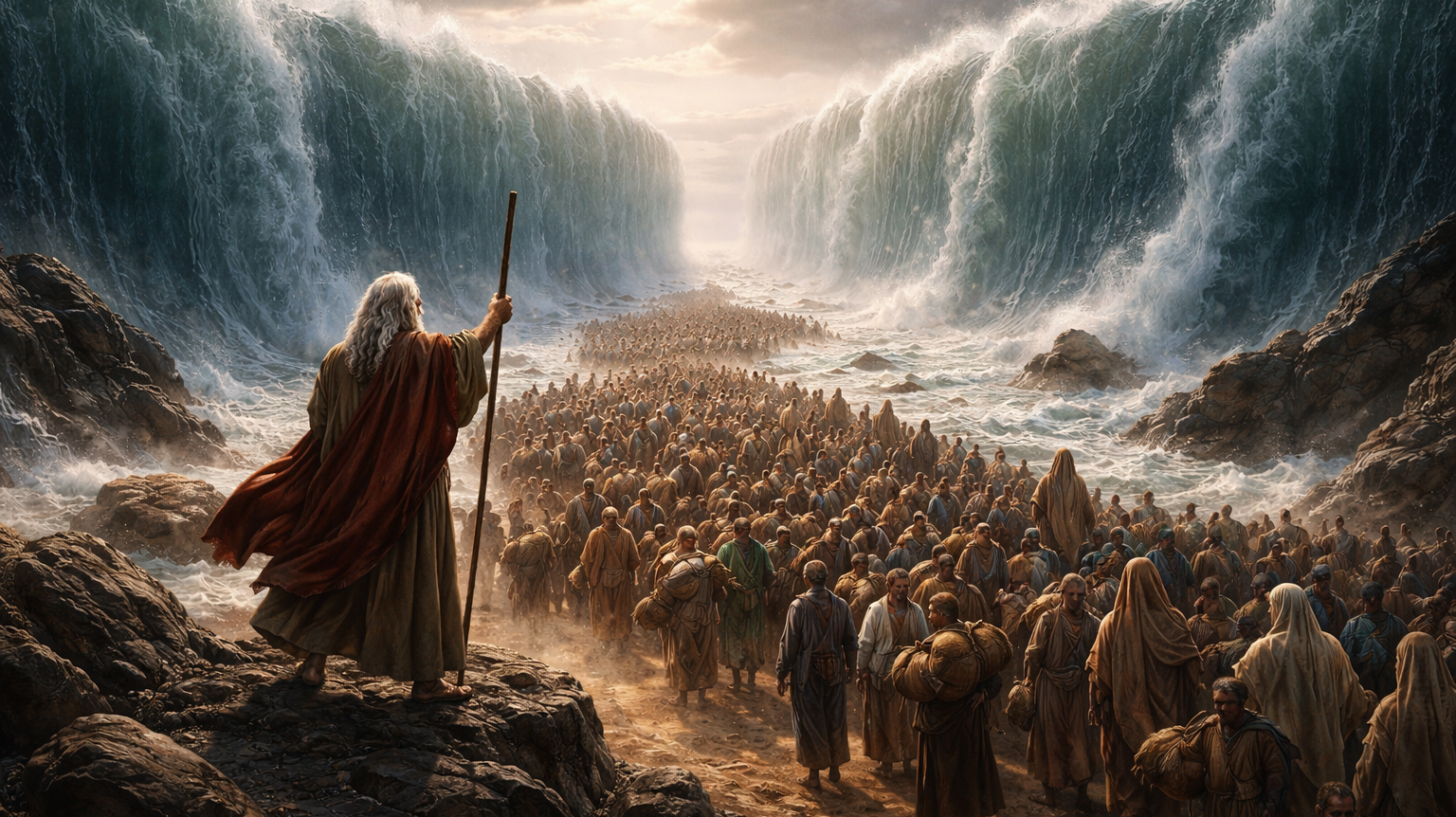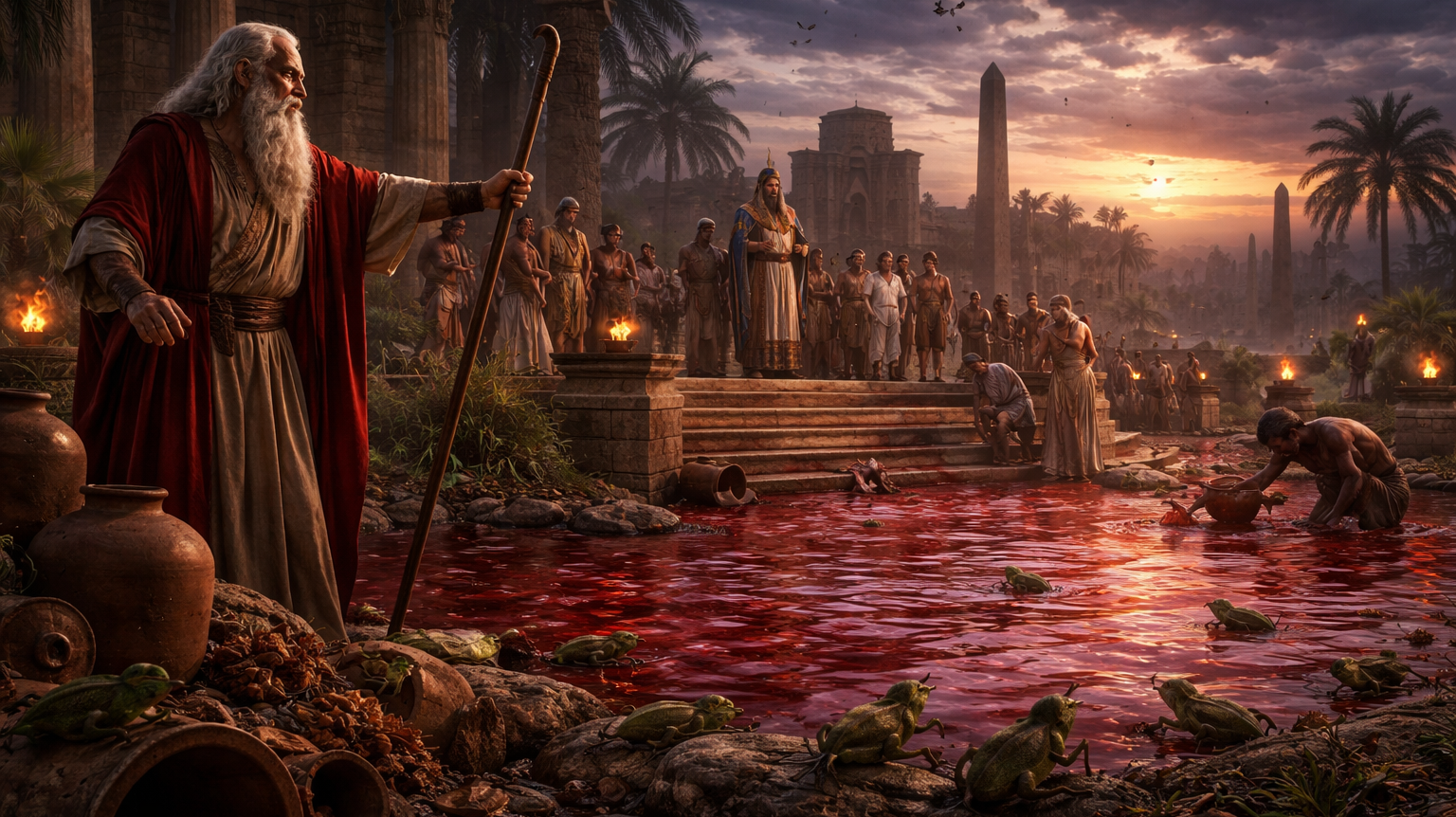The Bible features many prophets—individuals God chose to share His messages with the people. Prophets played critical roles throughout biblical history, warning of consequences, foretelling future events, and often urging a return to righteousness. Here’s a look at the prophets recorded in the Bible, who they were, and the messages they brought.
What is a Prophet?
In the Bible, God chose prophets to deliver His messages. These messages often contained warnings, instructions, and promises. While some prophets received visions or spoke directly with God, others communicated through dreams or symbolic actions. In the Old Testament, prophets held particular significance, serving as God’s messengers to the Israelites. Their messages are sometimes called "prophecy" and remain central to today's Christian faith.
Major Prophets of the Bible
The "Major Prophets" are the longest prophetic books in the Old Testament. These prophets and their messages had an immense impact on Israel's faith and future.
| Prophet | Notable Messages or Prophecies | Book in the Bible |
|---|---|---|
| Isaiah | Predicted the coming of the Messiah; emphasized God’s holiness | Book of Isaiah |
| Jeremiah | Warned of Judah's exile, known as the “weeping prophet” | Book of Jeremiah |
| Ezekiel | Saw visions of God’s throne; emphasized individual responsibility | Book of Ezekiel |
| Daniel | Interpreted dreams; foretold future kingdoms | Book of Daniel |
These prophets are called "major" not because of their greater importance but because of the length and depth of their writings.
Minor Prophets of the Bible
The "Minor Prophets" include twelve shorter books. Although shorter in length, these books carry equally profound messages.
| Prophet | Key Themes or Prophecies | Book in the Bible |
|---|---|---|
| Hosea | Warned of Israel's idolatry, symbolized God's love through marriage | Hosea |
| Joel | Predicted the Day of the Lord; emphasized repentance | Joel |
| Amos | Spoke against social injustice and hypocrisy | Amos |
| Obadiah | Foretold Edom's downfall | Obadiah |
| Jonah | Preached repentance to Nineveh | Jonah |
| Micah | Warned of judgment and spoke of the Messiah's birthplace | Micah |
| Nahum | Foretold Nineveh’s destruction | Nahum |
| Habakkuk | Questioned God about justice; God’s sovereignty revealed | Habakkuk |
| Zephaniah | Spoke of the coming judgment and restoration | Zephaniah |
| Haggai | Encouraged the rebuilding of the temple | Haggai |
| Zechariah | Offered hope and spoke of the Messiah’s return | Zechariah |
| Malachi | The last Old Testament prophet focused on covenant faithfulness | Malachi |
Each of these prophets brought a unique message to Israel and Judah, whether calling them back to faithfulness, warning of consequences, or foretelling a hopeful future with the coming Messiah.
Other Significant Prophets
Apart from the major and minor prophets, the Bible also features other notable prophetic figures who played vital roles, often without a dedicated book.
| Prophet | Known For | Biblical References |
|---|---|---|
| Elijah | Opposed Baal worship; performed miracles | 1 Kings, 2 Kings |
| Elisha | Successor of Elijah; performed many miracles | 2 Kings |
| Samuel | Anointed Saul and David as kings; served as Israel's final judge | 1 Samuel |
| Nathan | Confronted King David over his sin with Bathsheba | 2 Samuel, 1 Kings |
| Moses | Led Israel out of Egypt; gave the Ten Commandments | Exodus, Deuteronomy |
| Balaam | The foreign prophet warned by God through a donkey | Numbers |
| Deborah | Prophetess and judge; led Israel to victory over Canaanite oppressors | Judges |
| Gad | Served as King David’s seer and adviser | 1 Samuel, 2 Samuel |
| Miriam | Moses’ sister led worship and prophesied | Exodus, Numbers |
| John the Baptist | Foretold and baptized Jesus, calling people to repentance | Gospels |
Each of these prophets served specific purposes, often during times of national crisis or moral decay, emphasizing God's power, holiness, and mercy.
The Prophetic Role in the New Testament
The New Testament has fewer prophets, but they still play an essential role. John the Baptist is perhaps the most well-known, heralding the arrival of Jesus, the long-awaited Messiah. There are also mentions of others with the gift of prophecy in the early church, including Anna the prophetess (Luke 2:36-38) and Agabus (Acts 11:27-28), who foretold famine.
| Prophet | Key Contributions | Biblical References |
|---|---|---|
| John the Baptist | Prepared the way for Jesus; called for repentance | Gospels |
| Anna | Recognized Jesus as the Messiah when He was presented at the temple | Luke 2 |
| Agabus | Predicted famine and Paul’s arrest | Acts |
The New Testament expands the prophetic role to include spiritual gifts among believers, encouraging early church members to seek God’s guidance and speak truth.
Purpose of Prophets and Modern Lessons
The Bible’s prophets shared God’s messages not only for their own time but for all generations. They highlighted themes of justice, mercy, and faithfulness, reminding believers that God remains active and caring. Whether calling for repentance, warning of future consequences, or offering hope for redemption, these prophets were essential in guiding the people back to God.
Summary Table of Prophets
| Category | Prophets |
|---|---|
| Major Prophets | Isaiah, Jeremiah, Ezekiel, Daniel |
| Minor Prophets | Hosea, Joel, Amos, Obadiah, Jonah, Micah, Nahum, Habakkuk, Zephaniah, Haggai, Zechariah, Malachi |
| Other Prophets | Elijah, Elisha, Samuel, Nathan, Moses, Balaam, Deborah, Gad, Miriam, John the Baptist, Anna, Agabus |
Understanding the messages of these prophets gives us insight into God’s nature and His desire for humanity’s faithfulness, justice, and love. The stories of these prophets continue to inspire and instruct people today.
























